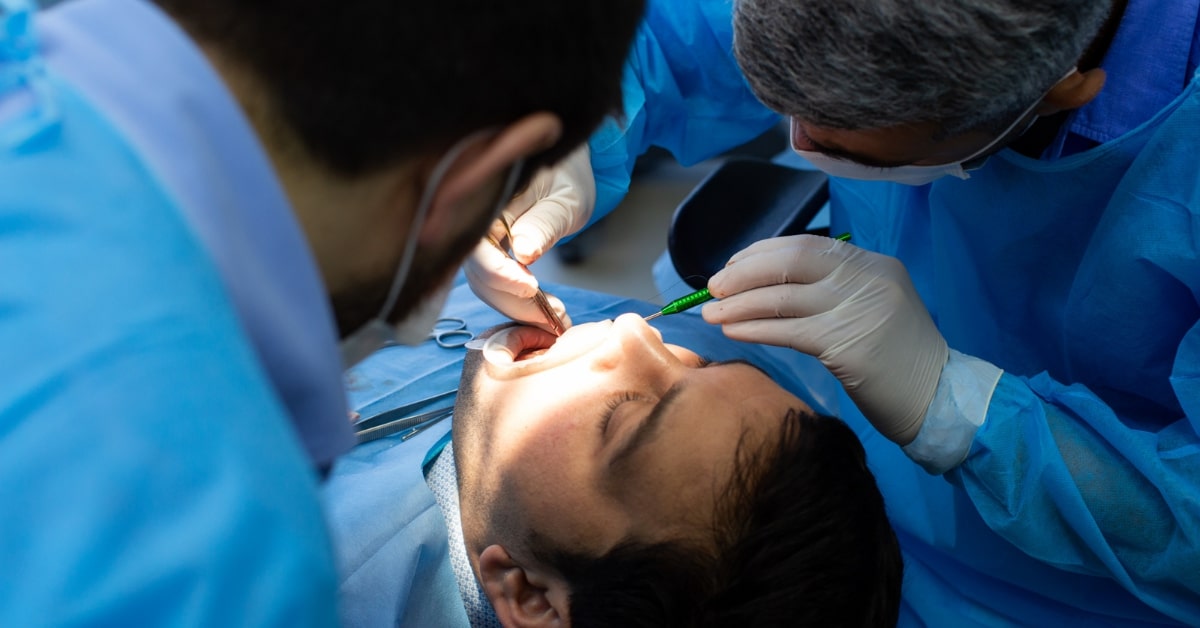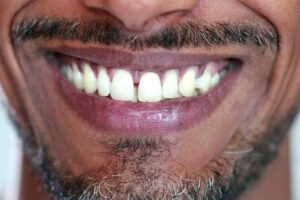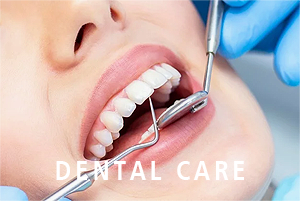Overdentures vs Implants: Let’s Break it Down for You

Trying to decide between overdentures and dental implants? You’re not alone. Many people are confused about Overdentures vs Implants and what works best for their missing teeth. This blog makes things easy. We at Precision Dental and Implant Center offer personalized dental care and expert implant services. Located in Kenner, we specialize in dentures, overdentures, and full smile restorations with advanced implant technology.
We’ll talk about the real differences, what each option costs, and who should get what, without all the confusing dental talk. If you are looking for trusted Dental Implant Centers that truly care, then you have come to the right place!
What Are Overdentures?
Overdentures are removable dentures that snap onto a few dental implants or natural teeth. Instead of slipping or clicking out when you’re eating or laughing, they stay put much better thanks to support from implants underneath. According to a study on Trends in the US overdenture market by Dental Tribune, The U.S. overdenture market is projected to grow at a steady rate of 6.4% each year, with its total value expected to hit $1.2 billion by 2031.
What Are Dental Implants?
A dental implant is a small titanium post that’s inserted into the jawbone to take the place of a missing tooth root. A crown or bridge is then placed on top, giving it the appearance and function of a real tooth. Unlike dentures, implants stay in your mouth permanently and don’t come out. According to a study by the National Library of Medicine, USA, the use of dental implants has risen significantly, jumping from 0.7% in 1999–2000 to 5.7% in 2015–2016.
Main Differences Between Overdentures and Implants
Let’s break down the comparison of Overdentures vs Implants simply –
| Feature | Overdentures | Dental Implants |
|---|---|---|
| Removable? | Yes | No |
| Number of implants needed | 2 to 4 per arch | 1 per missing tooth |
| Stability | Medium | High |
| Jawbone preservation | Some | Excellent |
| Speech & eating comfort | Better than dentures, not perfect | Feels like natural teeth |
| Maintenance | Daily removal & cleaning | Brush like regular teeth |
| Cost | Lower upfront | Higher upfront, lasts longer |
Pros and Cons of Overdentures
Pros:
- More affordable upfront
- Better than traditional dentures
- Easier to adjust over time
Cons:
- Need to remove and clean daily
- May feel bulky
- Doesn’t stop jawbone loss completely
Pros and Cons of Dental Implants
Pros:
- Feels just like real teeth
- Permanent and low maintenance
- Helps keep the jawbone strong
Cons:
- More expensive initially
- Takes longer to heal
- Requires good bone health
Cost Comparison Table
Let’s talk dollars. Here’s what you can generally expect:
| Procedure | Average Cost Per Arch (USA) |
|---|---|
| Overdentures | $3,000 – $8,000 |
| Dental Implants (single tooth) | $3,000 – $6,000 |
| Full Mouth Implants | $20,000 – $45,000 |
Which One Lasts Longer?
Dental implants are designed to last for decades, and with proper care, many can even last a lifetime. Overdentures, however, may need to be replaced or adjusted every 5 to 10 years. If you want a solution that lasts for the long haul, implants are the better choice.
Which Is a Better Fit for You?
- In a comparison of Overdentures vs Implants, Overdentures are a solid option for people who have lost most or all of their teeth and are looking for an upgrade from regular dentures. Also good if you’re not ready for a full implant investment.
- Dental Implants are best if you want a natural, permanent solution and have a healthy jawbone to support them.
A quick consultation with Precision Dental & Implant Center can tell you what’s right for your mouth. If you’re looking for a denture in Kenner, we can guide you through it.
Final Thoughts
Whether you choose between overdentures vs dental implants, both options offer serious upgrades to your quality of life. The choice really depends on your needs, budget, and long-term dental goals.
If you’re ready to brighten your smile, give us a call or check our contact details. Let’s get you smiling with confidence today!
People Also Ask (FAQs)
Not exactly. They stay in place better than traditional dentures, giving you more comfort while eating and speaking. However, they still don’t fully match the feel and function of natural teeth. They can still move slightly and need to be removed daily. They offer improved comfort and chewing ability compared to regular dentures. However, they still require daily cleaning and occasional adjustments by a dentist.
Yes! After healing, dental implants allow you to enjoy your favorite foods—like apples or steak—without any shifting or pain. They stay firmly in place and feel just like real teeth. They feel just like your natural teeth and stay firmly in place. Plus, you won’t have to worry about messy adhesives or awkward chewing ever again.
They usually last between 5 and 10 years, depending on how much use and stress they go through. They may need relining or replacement over time. How well they last also depends on your daily habits and oral care. Smoking, grinding your teeth, or skipping checkups can shorten their lifespan.
Not during the procedure. Most people report mild soreness afterward, like after a tooth extraction. It’s manageable with over-the-counter pain relievers. It’s manageable with over-the-counter pain relievers. The discomfort usually fades within a few days. Most patients say the benefits far outweigh the temporary soreness.
Usually, 2 to 4 implants per arch (upper or lower) are enough to secure an overdenture. This number provides enough support to keep the denture stable while still being cost-effective. Your dentist will decide the exact number based on your bone strength and oral health. Fewer implants mean quicker healing, but more implants can offer greater stability.
Absolutely! Age is not a barrier. If your overall and dental health are in good shape, implants can be a great option—even for people in their 70s or 80s. In fact, many older adults find implants life-changing, improving their ability to eat and speak confidently. Your dentist will check your bone health and medical history to ensure you’re a good candidate.












